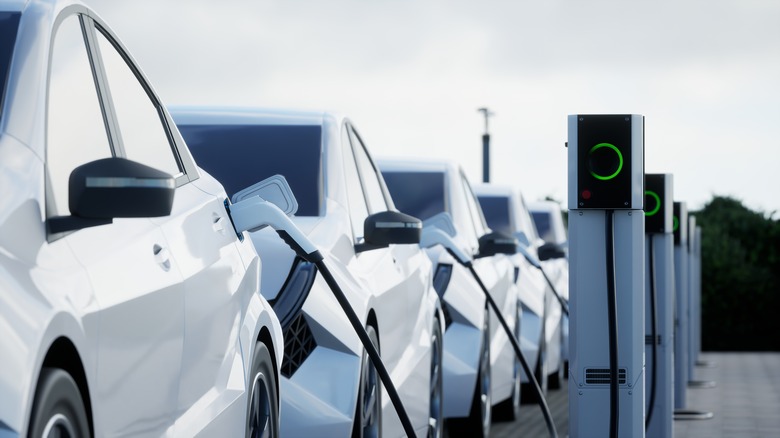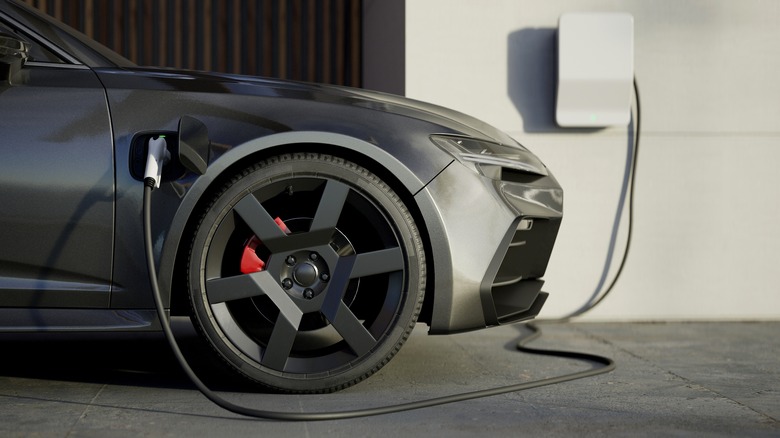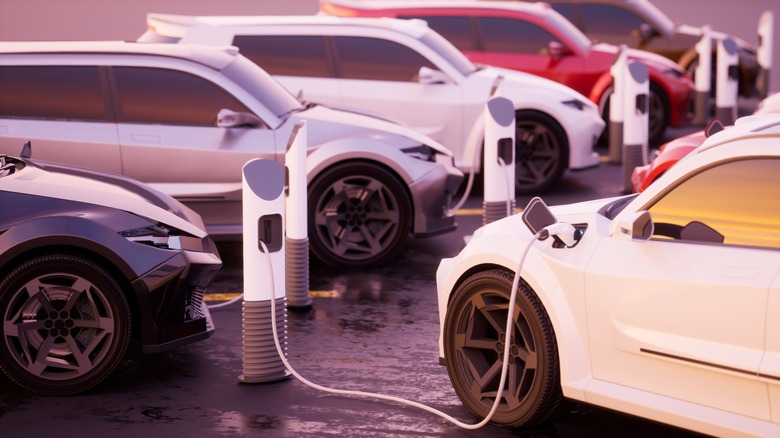The Big Way Government Incentives Might Actually Be Hurting EV Adoption
Electric vehicles are better for the environment than cars with internal combustion engines. They also produce less noise, perform well, and typically offer advanced technological features. While EVs do have higher upfront costs compared to traditional cars, subsidies and tax incentives can make them a worthwhile investment.
For example, the Clean Vehicle Tax Credit offers a tax credit of up to $7,500. As of 2024, this tax credit can be used at the point of sale, which should definitely incentivize at least some Americans to make the switch from their car with an internal combustion engine to a more environmentally friendly option.
According to the Department of Energy, there are around 3.3 million registered electric vehicles in the United States. There is little doubt that this number will continue growing at a healthy pace in the coming years, which should be good news if we plan to tackle climate change in any meaningful way. However, some experts believe the government is actually hurting EV adoption. We spoke with Dr. Laine Mears, Automotive Manufacturing Chair at Clemson University, to get his opinion.
Are government incentives impeding EV adoption?
According to Dr. Mears, the government is moving too slowly, and inadvertently impeding EV adoption. "Although I appreciate the investment that our government is making in supporting EV adoption and building up the infrastructure, I am not sure that the expectation of such rapid adoption is matching the timeline; for example, the charging infrastructure funded by the NEVI act is taking longer than expected to come to reality, " he said.
Dr. Mears explained that this could have a negative effect on the intended results of the government incentives. He continued with, "If people take the incentive to buy an EV, then can't find anywhere to charge it or encounter an electric grid that can't handle the load, it could result in a 'never again' attitude which is the opposite of what that investment is for. The government needs to be monitoring this closely and adapting as needed."
How do Americans feel about EVs?
The American people are warming up to electric vehicles but aren't completely sold on them just yet, at least that's what polling suggests. For example, in a June 2024 poll conducted by The Associated Press-NORC Center for Public Affairs Research and the Energy Policy Institute at the University of Chicago, 46% of respondents said they would probably not purchase an EV or stated they would never buy an EV.
In the same poll, about half of respondents cited concerns about range as the main reason for their reluctance to switch to an EV, while about 4 in 10 cited the availability of public charging stations in their area, and 6 in 10 cited cost.
The findings were similar in a Gallup survey from April this year, with 48% saying they would not consider buying an electric vehicle. Of those who "worry a great deal about climate change," 32% said they would not buy one.


